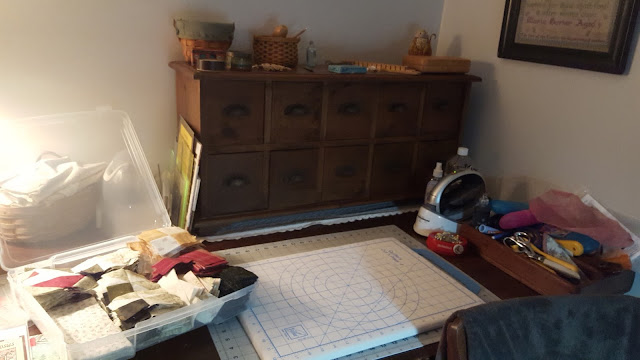 |
| photo courtesy morguefile.com |
Randomness abounds, this time of year. There are two - count them - two, days left before final exams begin. I love this time of year, despite the constant revisions to the piles of research papers, the pleas for "just one more chance" to do some extra credit to boost that grade, and the endless game of cat-pursuing-mouse I am playing with students who owe me work.
Why do I chase them? Because it's easier than filling out the paperwork for an Incomplete on the report card. If I catch them now, it's all over next week. If I don't, well, chances are darned good that next semester's class will have a familiar face staring at me for another 90 days, repeating the course.
The love isn't for the thrill of the hunt, it's for the thrill of the presentations. The Themes in Literature classes have dug out their Inquiry Questions just one more time to dig deep for their group presentations. It was during that time today that Taylor said that she was still waiting.
For what?
The answer to a blog post from December, 2014.
What is risky?
risk·y
ˈriskē/
adjective
adjective: risky; comparative adjective: riskier; superlative adjective: riskiest
full of the possibility of danger, failure, or loss.
"it was much too risky to try to disarm him"
| synonyms: | dangerous, hazardous, perilous, high-risk, fraught with danger, unsafe, insecure, precarious, touch-and-go, treacherous, parlous |
Thanks, Google, for the definition.
Risky is not a thing in my classroom. (Which stands to reason, what with it being an adjective, according to Google. Yet gifted kids seem to fear risk more than the soulless eyes of zombies chasing them.) In fact, risky is the exact opposite of anything. Risky is NOTHING.
Yes, I'm talking in circles, and yes, I'm still squinting at my computer screen as a victim of Post Concussion Syndrome, having overdosed on my alotted screen time for today. Risky is something that I dwell upon, think about, and bemuse much more than I should. To me, Risky is the very idea of any of my students failing to face danger, failure or loss, because they are too afraid to try.
What causes kids, particularly gifted kids, to fail to try? Well, heck, most of the time it has something to do with those ROUND SHAPED grades. You know, Bs, Cs, Ds. The fear of a grade that doesn't look like the side of a 60s swingset, complete with crossbar. (You know what I mean -- we all hung upside down by our knees from that bar, or teased someone who did, with a rhyme about London, France, and underpants.)
Tomorrow the TDO Presentations begin. Talent Development Opportunities are all about risk. There's no target, no rubric. The only promise is the guarantee of a 95%, regardless of the success of the project. In fact, the only way to NOT do well on TDOs in my class is to turn in reflection papers (due 3 x a semester) late. Those reflections are only scored for their reflective quality, and not the success or failure of the project.
So, Taylor, and the rest of my TDO Creators, What is risky?
Absolutely nothing. No chance of danger, failure or loss. You're all winners in my book. Move forward, bare your souls, share your accomplishments, and admit to your failures. And realize that every single thing you did, that mattered as you did it, has value to you. Find it, recognize it, embrace it. Learn from it, move forward, carrying that learning in your pocket. Motivate your classmates with your stories, inspire your teacher to draw on another page in her barebook, and start thinking about what happens in two short weeks, when the 2nd semester begins.
Because if you think you faced risk this semester, just wait!









